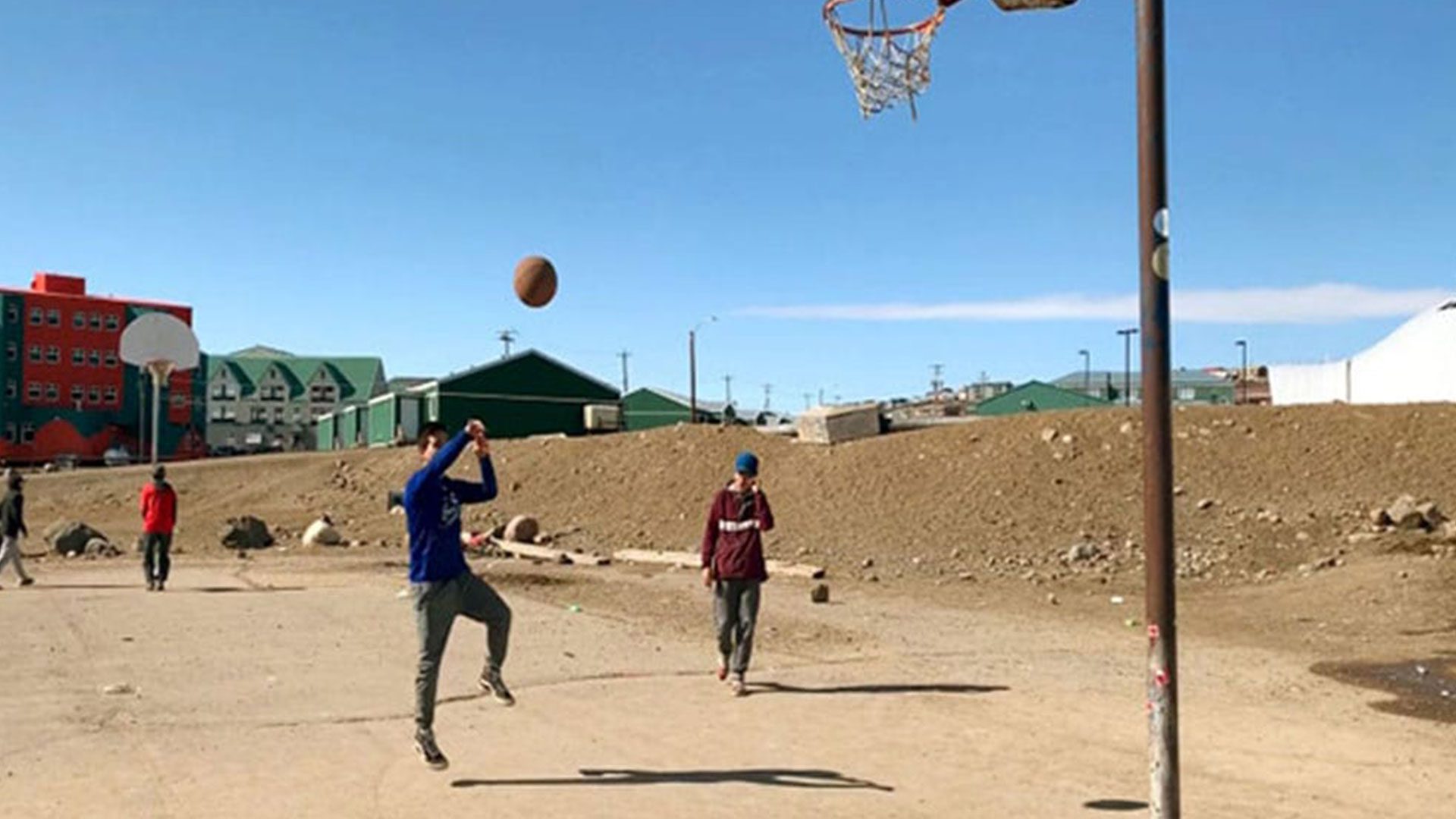The United Nations Intergovernmental Panel on Climate Change has released its sixth report on climate change which includes the “irreversible impacts” that the changing climate will have on the world and suggestions on how to reduce risk associated with it.
“This is a very stark report and it outlines many irreversible impacts, this report also points to the urgency of taking action and that many of these actions can be taken by each and every one of us,” says Elisabeth Gilmore lead author of the report entitled Climate Change 2022: Impacts, Adaptation and Vulnerability.
The urgency Gilmore speaks of is in relation to the types of irreversible impacts that we’re seeing in Canada now, like permafrost thaw, severe flooding and wildfires.
According to the UN, and reports issued by the federal government in Canada, Indigenous Peoples are most vulnerable to climate change, but they’re also key to lessening the effects.
That’s why, according to Gilmore, learning and knowing more about indigenous knowledge, and understanding indigenous resilience needs to be a part of the conversation.”
The report states the risks to North America are expected to intensify rapidly by mid-century.
“We’re at 1.1 degrees Celsius and I can tell you is a British Columbia and we were not safe this year, my stepdaughter, my husband’s youngest daughter nearly died in the heat dome and she’s young,” says Elizabeth May, the Green Party’s Parliamentary leader.
“We lost nearly 600 people in four days in British Columbia, Litton burnt to the ground before you could get the fire truck out of the fire station and then we had the floods, it’s not safe now.”
In spite of the gloominess of the report, Gilmore remains optimistic, but only if people and governments listen.
“The report tells us there are numerous actions that we can take, these actions need to start now.”

In February, Health Canada issued a report on how the climate crisis is affecting Indigenous communities.
“The changing climate will exacerbate the health and socio-economic inequities already experienced by First Nations, Inuit, and Métis peoples, including respiratory, cardiovascular, water- and foodborne, chronic and infectious diseases, as well as financial hardship and food insecurity,” says the report called Health of Canadians in a Changing Climate that was released Thursday.
“Natural hazards, coupled with unpredictable and extreme weather events, can result in temporary or long-term evacuations from traditional territories, in addition to greater risk of injury and death from accidents while out on the land.”
Broken into several chapters, the report says the climate crisis will affect every aspect of life for people and “may restrict access to health systems and supplies” due to infrastructure damage or “instability,” particularly in northern and remote locations.









